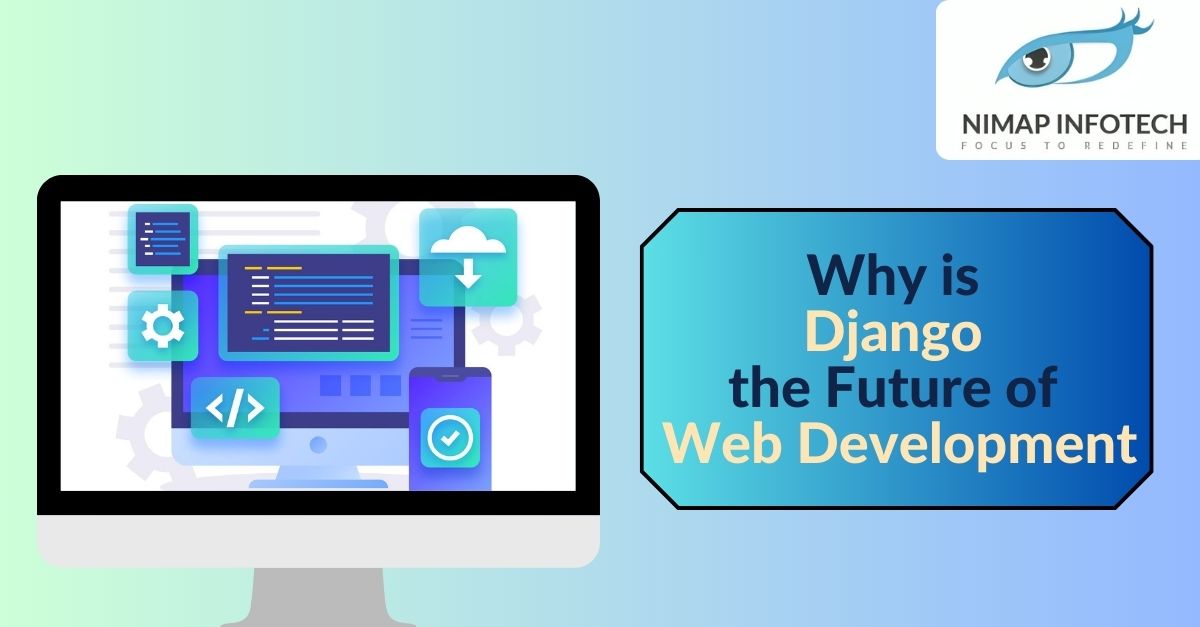Buzz Haven: Your Daily Dose of News
Stay informed and entertained with the latest buzz in news, trends, and insights.
Django Development: WherePython Meets Your Web Dreams
Unlock your web potential with Django! Discover how Python powers stunning websites and brings your digital dreams to life today.
Getting Started with Django: A Beginner's Guide to Web Development
Django is a powerful web framework that allows developers to create robust web applications quickly and efficiently. As a beginner, getting started with Django involves understanding its core principles and setup requirements. First, you need to ensure that you have Python installed on your machine, as Django is built on Python. Once that's confirmed, you can install Django using pip, the Python package manager. To do this, simply run the command pip install django in your terminal. After installation, create your first project by navigating to your desired directory and executing django-admin startproject projectname. This command will generate a new directory with the necessary files to kickstart your journey into web development.
Once your project is set up, it's time to dive into the Django architecture. Django employs the MVT (Model-View-Template) pattern, which helps separate the data layer, business logic, and presentation layer of your application. Start by creating your first app with the command python manage.py startapp appname. This will create a new folder containing files that define your models, views, and templates. Familiarize yourself with models, which define your database schema, and views, which handle the logic behind user requests. Templates will allow you to create dynamic HTML pages. As you explore these components, remember to refer to the official Django documentation for more in-depth guidance and best practices to enhance your web development skills.

Top 10 Django Features That Will Transform Your Web Projects
Django is a powerful web framework that comes with a myriad of features designed to boost development efficiency and overall project quality. One of the standout features is its Admin Interface, which automatically generates a user-friendly admin panel for managing site content. This not only saves time but also provides a robust interface for handling database models, making it an invaluable tool for developers. Additionally, Django's Object-Relational Mapping (ORM) allows developers to interact with databases using Python code instead of SQL, enabling seamless database management and reducing the chances of errors.
Another game-changing feature is Django's Built-in Authentication System, which simplifies user registration, login, and access control. This system ensures robust security measures out of the box, allowing developers to focus on building their applications rather than worrying about user management. Furthermore, the MVC Architecture that Django follows promotes a clear separation of concerns, making development more organized and maintainable. With these features and more, Django is undoubtedly a framework that can transform your web projects and enhance your development workflow.
How Django's ORM Simplifies Database Interactions for Developers
Django's Object-Relational Mapping (ORM) provides an efficient and high-level way for developers to interact with databases. By abstracting the complexities of raw SQL queries, Django's ORM allows developers to work with Python objects instead of database tables. This not only streamlines the development process but also enhances code readability and maintainability. For instance, developers can easily create, read, update, and delete records using simple method calls rather than intricate SQL syntax. This simplification of database interactions accelerates development time, allowing teams to focus on building robust applications rather than getting bogged down in database intricacies.
One of the standout features of Django's ORM is its ability to handle relationships between different models effortlessly. Developers can define one-to-many, many-to-one, and many-to-many relationships using clear and concise syntax. Additionally, the ORM provides powerful query capabilities, allowing developers to filter and retrieve data in a way that is both intuitive and expressive. For example, using method chaining, developers can construct complex queries with ease, further enhancing productivity. With features like automated migrations and database schema management, Django's ORM truly simplifies database interactions, making it an invaluable tool for developers looking to build scalable web applications.